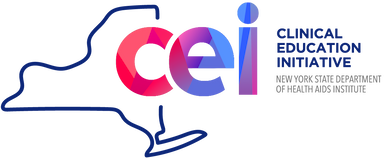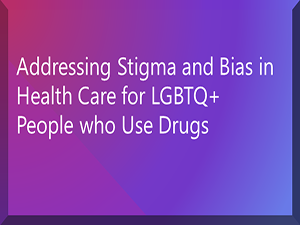Shani Wilson, RPA-C is a board-certified physician assistant (NCCPA) with areas of expertise in LGBTQ+ health, Medicated Opioid Addiction Therapy, Sexual health, Minority health disparities with emphasis on mental health, Trauma informed care and vaccine preventable diseases. Community engagement and activism have been especially important to Shani, she is passionate about giving a voice of the underserved community here in Rochester. She also works closely with local LGBTQ+ organizations such as Rochester Black Pride where she currently serves as one of the co-organizers and is currently Chairing the Police Accountability Board. Recently, Shani was appointed to the American Academy of Physicians Assistants diversity, equality, and inclusion commission. Shani is also a CEI regional champion for the Western NY region.


